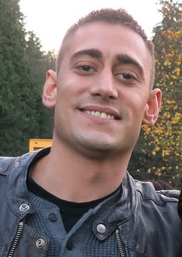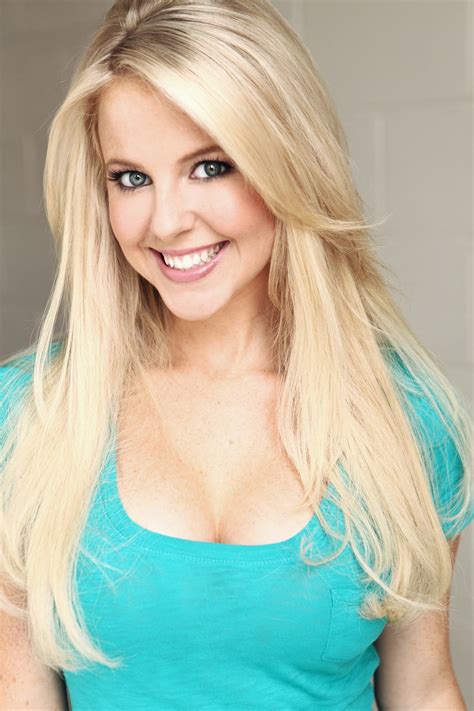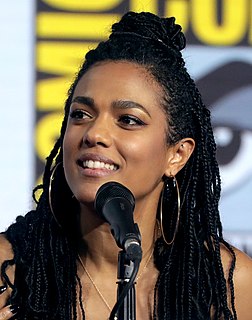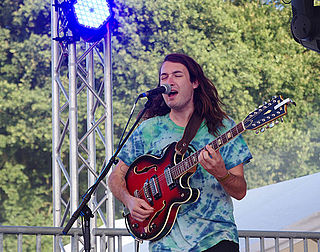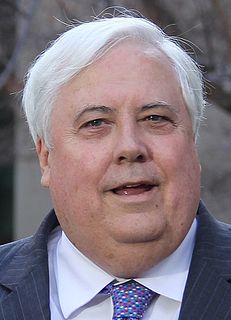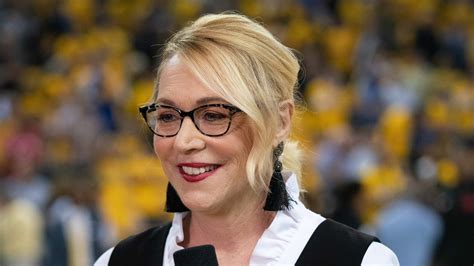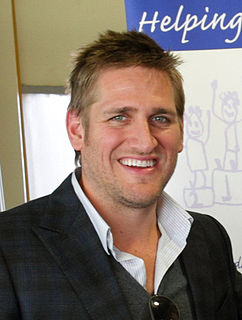A Quote by Michael Socha
Sometimes I'm on a TV set, and I can't feel what I'm supposed to feel as that character because I've not worked my way up to that point. I think there's a bit more insecurity on a set - you've got to blag it, or you've got to do what you've been paid a lot of money to do in a very short space of time.
Related Quotes
I was very conscious of the film industry - a lot of people, neighbors, worked in it. I actually grew up doing a bit of extra work myself. I was homeschooled, and it was a way that I could make money. My parents let us do these jobs, and I never got very far, but I was much more interested in what everybody else was doing, and I liked being on set.
There was a point where I was making four movies a year. I was always on a set. I had no stories to tell. I was feeling empty. My life was just luggage and hotels and from set to set, from character to character. And one day, I said, 'And where is mine?' You know? And the moment I started to feel that fear, I stopped and I slowed down.
I think auditions are set up for failure because they're not really the set experience. There's no time to develop the character. You're just looking at someone... if someone's really good in an audition, sometimes they're not good in the film. It's something you learn when you're doing short films. It's the same way that some people do well at taking tests and some people don't. But when you're on a long-term filmmaking process it's a completely different feeling.
I know there were periods of times where I didn't feel understood, and there were very few people around me that I felt like they really got me. There was one person who was sort of the one in my life that really got me.In general, I felt a little bit on the outside and not totally included. There was a period of time when we were moving around a lot. So I couldn't really hold on to a certain set of friends. And so that was a little bit difficult.
The pace is different on a film set. It's slightly slower, allowing for a little more wiggle room. Sometimes there is a bit more room to explore and work on the floor. On a TV set, you really have to be ultra-prepared and ready to deliver because time is so tight. Not that you don't have to be prepared for film.
David Tennant is a massive fan, and grew up dreaming he would be the Doctor Who one day. So I did feel, when I first got the job, "Right, now I've got to do loads of research into absolutely everything Doctor Who." But that's not possible to do in a short space of time. So my knowledge has been growing and developing as I've been doing it, and that's been fine. That's been appreciated by the fans, and the executives never expect me to be brushed up on absolutely everything.
One thing that is very different technically is that you don't get a lot of coverage in television. Not like you do on a film. I know we don't have time for separate set-ups, so I will design a scene where I'm hiding multiple cameras within that set-up. That way, if I don't have time to do five set-ups, I can do four cameras in one set-up. It's a different kind of approach for that. For the most part, a lot of television, in a visual sense, lacks time for the atmosphere and putting you in a place.
I remember being in a parking lot, I think it was in New Mexico, I was to be at a shoot-around at 9 A. M. their time. And I got off the phone with Sarah and Matthew and I sat in that parking lot and cried for a little bit. Because I had been away so much. It got to the point where I was calculating how much time I had been away from the kids.
I never felt pretty. I don't feel pretty now. I'm not a pretty person. I don't like pretty. So I don't feel badly. And I think it worked out well, because I found that all the girls I know who got by on their looks, as time went on and they faded, they were nothing. And they were very disappointed. When you're somebody like myself, in order to get around and be attractive, you have to develop something, you have to learn something, you have to do something. So you become a bit more interesting.
